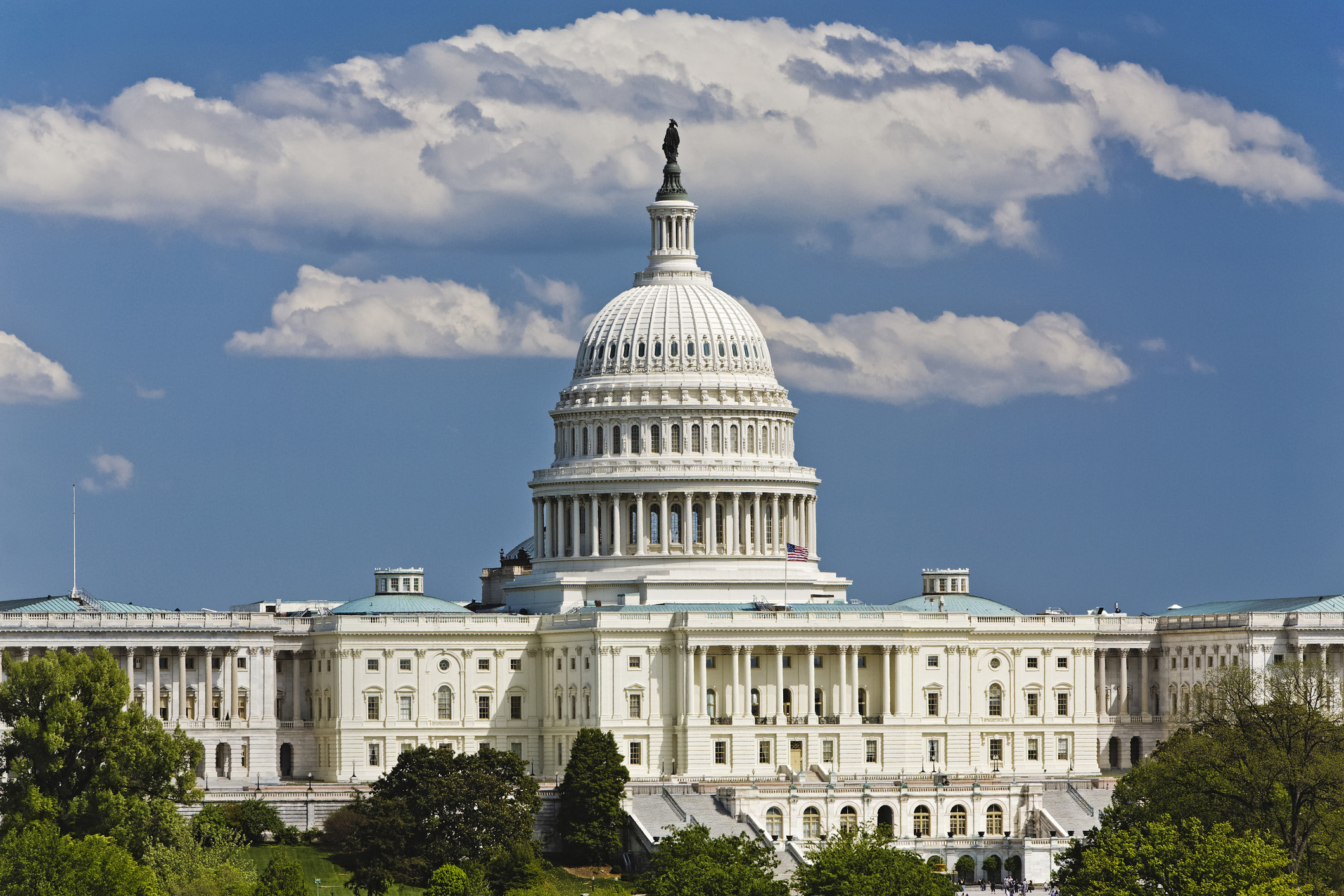Pandemic Relief & Reconciliation
Reconciliation is a process to pass major budgetary legislation with a partisan 50-vote threshold. For this year, this process will allow the majority party (Democrats) to pass the Biden Administration relief package with just a simple majority vote in the Senate, instead of the 60 votes required for most legislation. Senate reconciliation rules limit debate to 20 hours total, limit debate per amendment and also require provisions to be germane and not increase the deficit. Since 1980, reconciliation has been used about 25 times by both parties.
How the Reconciliation Process Works (click on the image for a larger view)
Status
This week, the House is expected to pass the $1.9 trillion COVID-19 reconciliation package, the American Rescue Plan Act of 2021. The package includes a number of policy changes for Medicaid, public health funding, funding for states and localities, and a $15 minimum wage increase. Democrats are not expecting any votes from Republicans, so the bill will likely advance to the Senate on a party line vote. Once in the Senate, the question remains what provisions will be added or subtracted from the version that will return to the House. For reconciliation to work, Senate Democrats will need a package that garners the support of all 50 Democrats and Independents. Democrats are aiming to give President Biden a package by mid-March, prior to the expiration of the additional COVID-19 unemployment benefits.
For more information on federal advocacy, legislative, policy and regulatory issues of impact to UnityPoint Health, please contact Cathy Simmons, executive director of government and external affairs, or Stephanie Collingwood, government and external affairs specialist.



